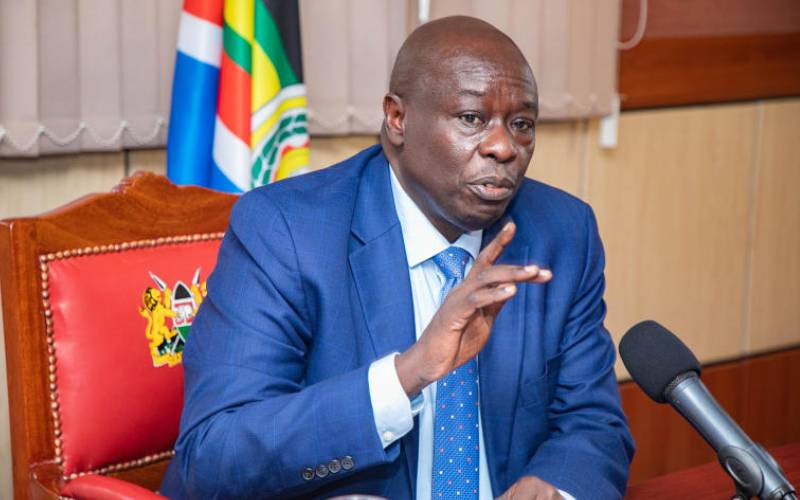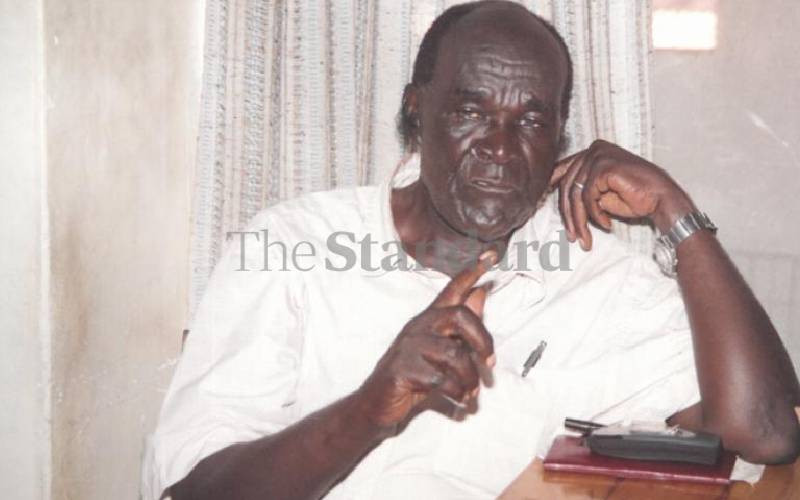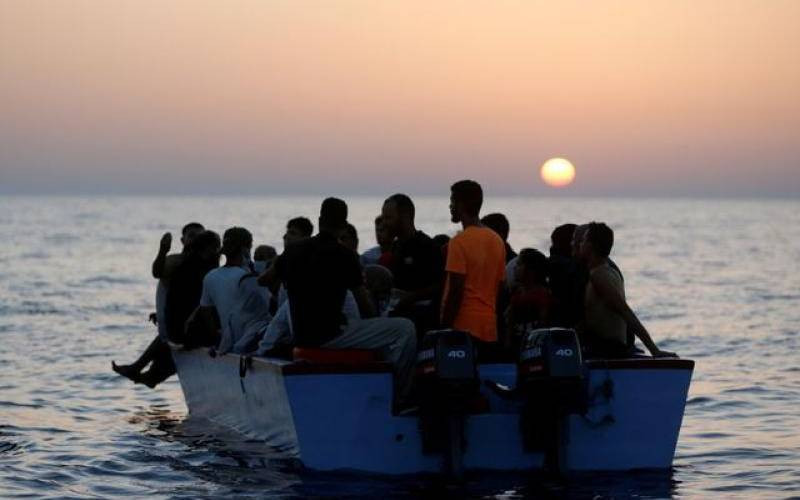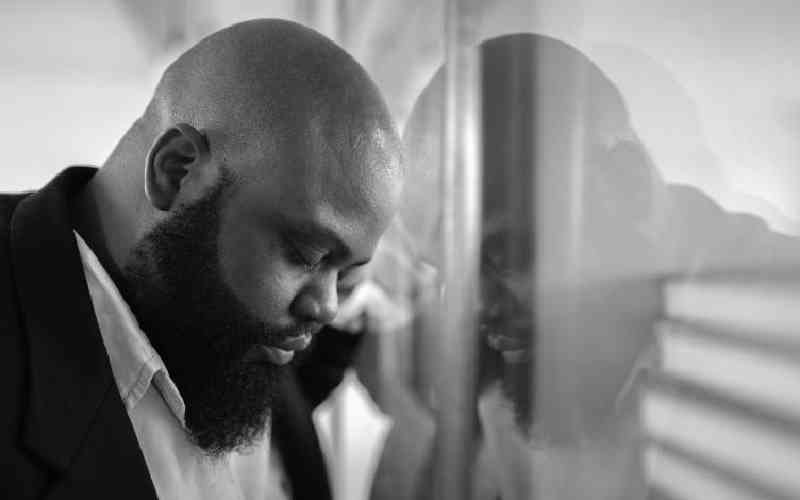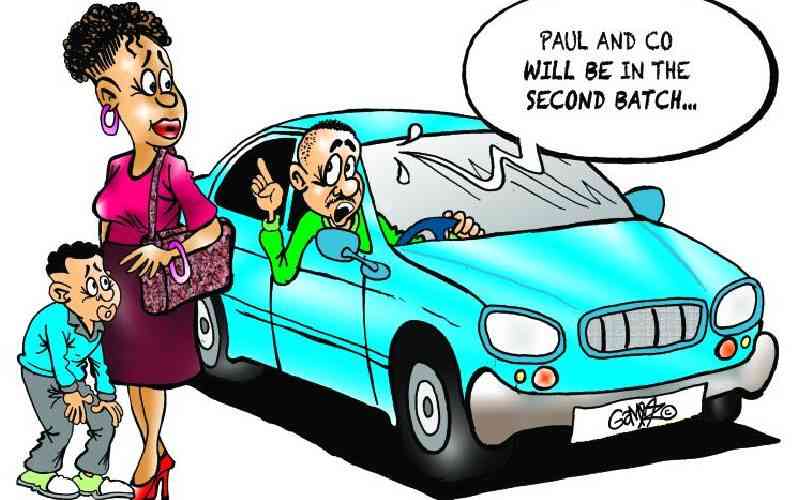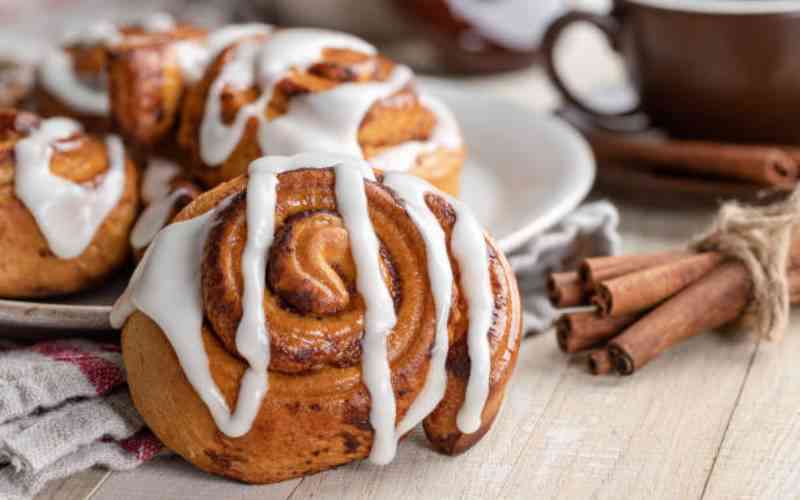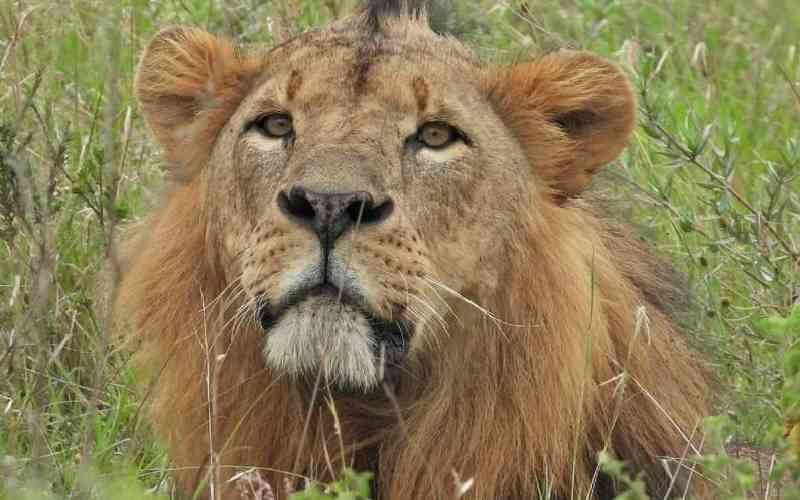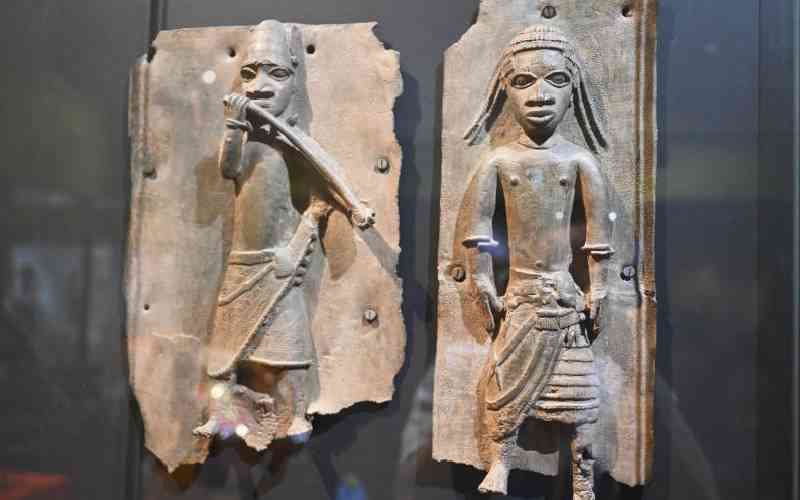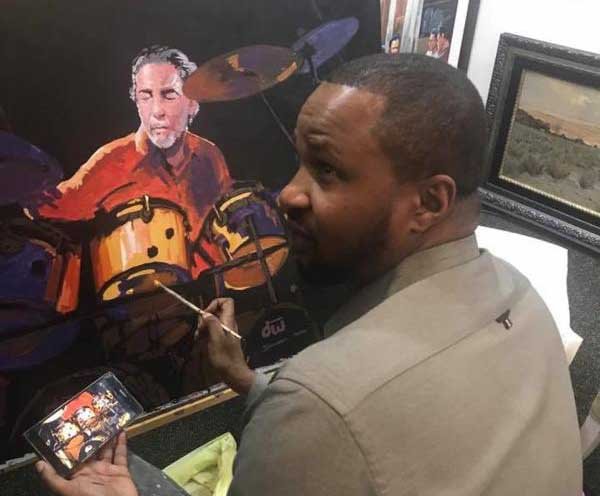
It started with a Facebook post dated May 17 from one Kariz Paul: “If you are somewhere close to Sudan, Anthony Wakaba desperately needs your help where he is hospitalised.”
Before anybody could respond to the post, news filtered in that Anthony Wakaba Mutheki, one of Africa’s prolific artists had died in Sudan.
His family has little information on circumstances surrounding his death and await the report from one of his kinsmen who was scheduled to travel to a morgue in Khartoum, where the body lies.
“The information is sketchy. There are reports he was on his way to Nigeria when he fell sick around the volatile Darfur region,” says a distraught James Njoroge, his older brother. “He was seriously ill and unable to eat when he was taken to a local refugee hospital in the area.”
Mutheki’s name may not record a significant ping on the scales of the local art scene, a case of a prophet not honoured in his home.
But in South Africa, his adopted home, Mutheki’s name and that of Nelson Mandela are spoken of in the same sentence.
Tagged by South African media and art lovers as Africa’s Van Gogh, Mutheki was among 39 artists selected to work on Mandela’s legacy when the liberation icon was still alive. In global art auction houses, his pieces would fetch anything from Sh400,000 to Sh1 million.
So valuable were his paintings that when thugs stole one of his pieces called Trump from the Daville Baillie Gallery, Johannesburg in 2017, the gallery owner Darren Neophytou said “the thieves would have difficulty selling them on the market” as they were among the rarest and easily identifiable pieces.
Starting off in Eastleigh where he grew up and moved to the streets of South Africa’s main urban centres, his story has been a struggle and mirrors that of his key mentor, Nelson Mandela. For Mutheki, it has been a long walk to freedom — freedom to use art as an expression of his mental emancipation.
Bonaventure Nyotumba, a graphic designer and artist, remembers their days together in Eastleigh. “Tough but fun,” he says. “You either became a crook or excelled in life.”
Nyotumba, or Nyotsz, as his pals call him, says Mutheki was a free spirit whose artistic talent began to unfurl early on in life.
“He was ahead of me at Jamhuri High School but I know he would draw caricatures in class, to the amusement of all. None of us knew what an icon he would turn out to be,” says Nyotumba.
After high school, Mutheki joined Buruburu Institute of Fine Arts.
“His stint here was brief and I am not sure if he even finished a semester. Still, he was so proficient that his own self portrait painted using a sponge was used as a set piece in our class,” says Standard Media Group’s cartoonist, Eric Ngammau, aka Gammz.
Ngammau says his artistic prowess went beyond the fine arts. He was a tailor of sorts, too, sewing his own clothes out of canvas.
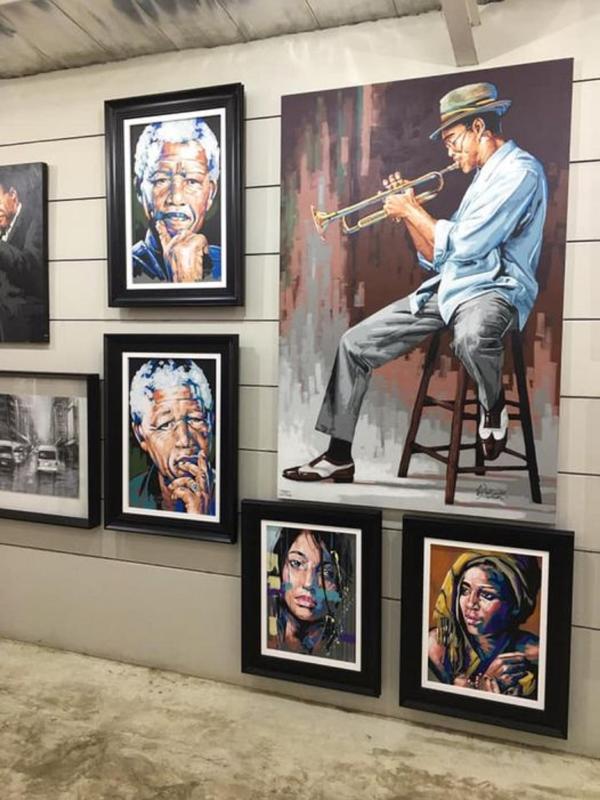
“Who sews his own clothes out of canvas using a needle made of bicycle spikes,” Ngammau asks rhetorically, amazed at Mutheki’s spontaneity.
“I once saw him carving out a statue of the Virgin Mary and Jesus out of a piece of wood in a very casual manner. It was so good the Catholic Church decided to keep it. Okay, the only thing Mutheki could not master were cartoons!”
The economic situation in Kenya saw Mutheki head to South Africa in 1998 after running a skills workshop for street children in Nairobi’s informal settlements. His relocation was a leap of faith.
His love for fine things in life saw him spend his savings and end up destitute. So bad was life for Mutheki that he ended up in a shelter home, selling empty Coke and beer bottles in the streets of Johannesburg and Cape Town just to survive.
“Well, having all these freedoms you have in South Africa — especially on the entertainment side — that we do not have in Kenya, made me overspend. Suddenly, I ended up on the streets, where I stayed for almost two years,” he once told South Africa’s Mail & Guardian.
The shelter house was too small for Mutheki’s ambitions. Word about his oil in old canvas art reached the ears of Craig Mark, the director at The Melrose Gallery, one of the leading Pan African Contemporary Art Galleries located in Johannesburg and Cape Town.
Mail & Guardian said Mark “was instantly smitten” by Mutheki’s work. Mark would later become Mutheki’s manager.
His drawings, inspired by his love of classical music, especially jazz, made him a household name in South Africa, becoming a darling of local and international media houses.
From the United Nations offices in Geneva to major galleries in New York and Philadelphia, Mutheki’s art had hit the high street.
In 2008, Mutheki completed the portrait of Chief Albert Luthuli that now adorns the walls of Chief Albert Luthuli Museum.
As the family struggles to raise about Sh700,000 needed to bring Mutheki home, art lovers will be reflecting on the icon, feted abroad but unsung at home.
 The Standard Group Plc is a multi-media organization with investments in media platforms spanning newspaper print
operations, television, radio broadcasting, digital and online services. The Standard Group is recognized as a
leading multi-media house in Kenya with a key influence in matters of national and international interest.
The Standard Group Plc is a multi-media organization with investments in media platforms spanning newspaper print
operations, television, radio broadcasting, digital and online services. The Standard Group is recognized as a
leading multi-media house in Kenya with a key influence in matters of national and international interest.

